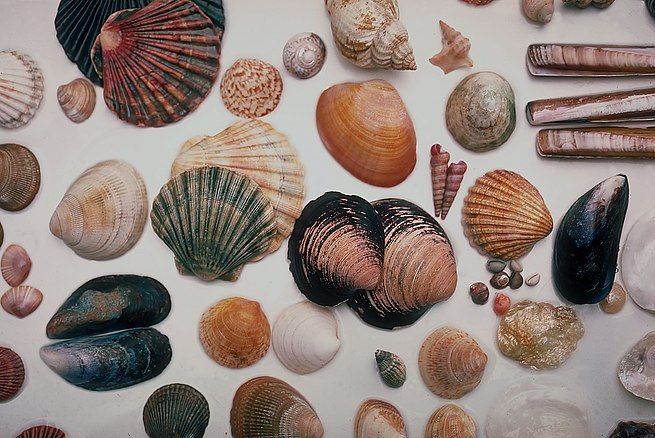Main Difference
The main difference between Hobby and Leisure is that the Hobby is a regular activity that is done for enjoyment and Leisure is a time that is freely disposed by individuals
-
Hobby
A hobby is a regular activity done for enjoyment, typically during one’s leisure time. Hobbies include collecting themed items and objects, engaging in creative and artistic pursuits, playing sports, or pursuing other amusements. Participation in hobbies encourages acquiring substantial skills and knowledge in that area. A list of hobbies changes with renewed interests and developing fashions, making it diverse and lengthy. Hobbies tend to follow trends in society, for example stamp collecting was popular during the nineteenth and twentieth centuries as postal systems were the main means of communication, while video games are more popular nowadays following technological advances. The advancing production and technology of the nineteenth century provided workers with more availability in leisure time to engage in hobbies. Because of this, the efforts of people investing in hobbies has increased with time.
Hobbyists may be identified under three sub-categories: casual leisure, serious leisure, and project-based leisure. Though, some hobbyists engage in leisure pursuits that overlap multiple boundaries of the groups. Hobbies are mostly found within the second category, serious leisure.
-
Leisure
Leisure has often been defined as a quality of experience or as free time. Free time is time spent away from business, work, job hunting, domestic chores, and education, as well as necessary activities such as eating and sleeping. Situationist International proposes that leisure does not evolve from free time, and free-time is an illusory concept that is rarely fully “free”; economic and social forces appropriate free time from the individual and sell it back to them as the commodity known as “leisure”. Certainly most people’s leisure activities are not a completely free choice and may be constrained by social pressures, e.g. people may be coerced into spending time gardening by the need to keep up with the standard of neighbouring gardens or go to a party because of social pressures.
Leisure as experience usually emphasizes dimensions of perceived freedom and choice. It is done for “its own sake”, for the quality of experience and involvement. Other classic definitions include Thorsten Veblen’s (1899) of “nonproductive consumption of time.” Different disciplines have definitions reflecting their common issues: for example, sociology on social forces and contexts and psychology as mental and emotional states and conditions. From a research perspective, these approaches have an advantage of being quantifiable and comparable over time and place.Leisure studies and sociology of leisure are the academic disciplines concerned with the study and analysis of leisure. Research has shown that practicing creative leisure activities is interrelated with the emotional creativity. Recreation differs from leisure in that it is a purposeful activity that includes the experience of leisure in activity contexts. Economists consider that leisure times are valuable to a person like wages that they could earn for the same time spend towards the activity. If it were not, people would have worked instead of taking leisure. However, the distinction between leisure and unavoidable activities is not a rigidly defined one, e.g. people sometimes do work-oriented tasks for pleasure as well as for long-term utility. A related concept is social leisure, which involves leisurely activities in social settings, such as extracurricular activities, e.g. sports, clubs. Another related concept is that of family leisure. Relationships with others is usually a major factor in both satisfaction and choice.
The concept of leisure as a human right was realised in article 24 of the Universal Declaration of Human Rights
-
Hobby (noun)
An activity that one enjoys doing in one’s spare time.
“I like to collect stamps from different countries as a hobby.”
-
Hobby (noun)
An extinct breed of horse native to the British Isles, also known as the Irish Hobby
-
Hobby (noun)
Any of four species of small falcons in the genus Falco, especially Falco subbuteo.
-
Leisure (noun)
Freedom provided by the cessation of activities.
-
Leisure (noun)
Free time, time free from work or duties.
-
Leisure (noun)
Time at one’s command, free from engagement; convenient opportunity; hence, convenience; ease.
-
Hobby (noun)
an activity done regularly in one’s leisure time for pleasure
“her hobbies are reading and gardening”
-
Hobby (noun)
a small horse or pony.
-
Hobby (noun)
an early type of bicycle without pedals, propelled by pushing the feet against the ground.
-
Hobby (noun)
a migratory Old World falcon with long, narrow wings, catching dragonflies and birds on the wing.

